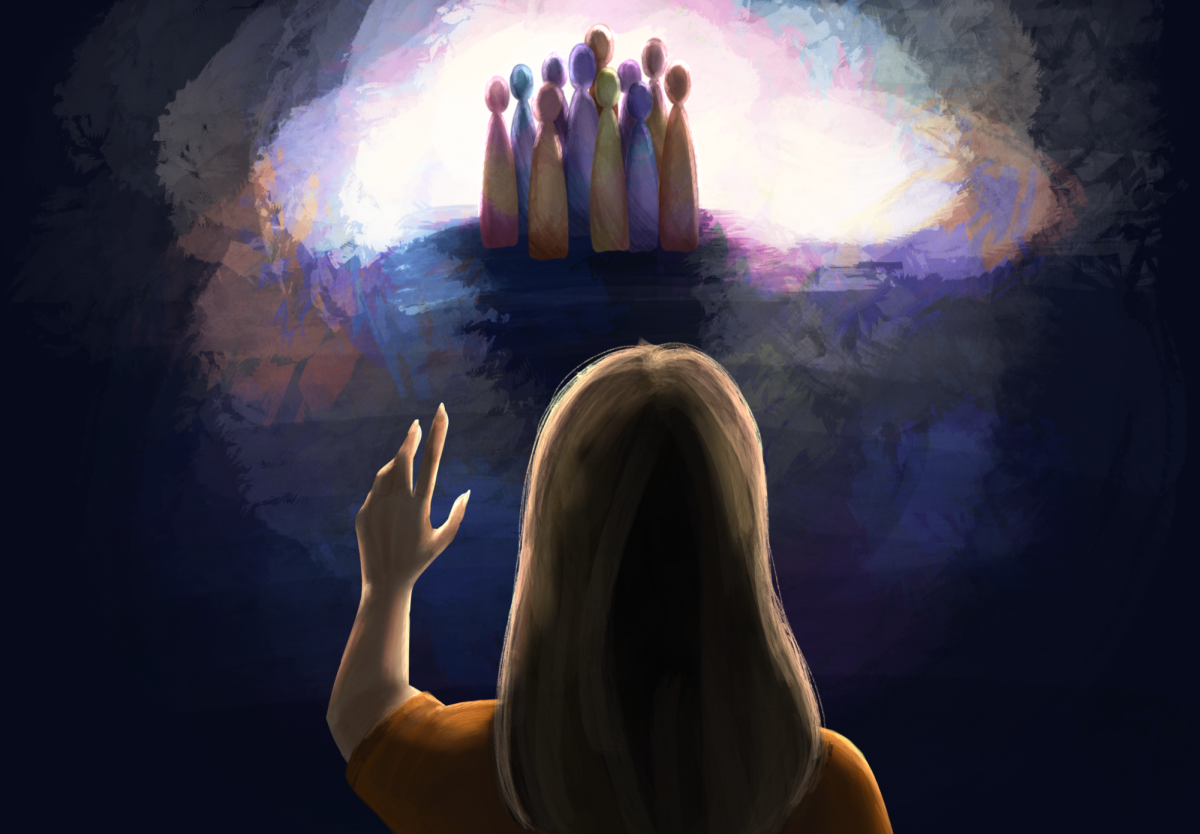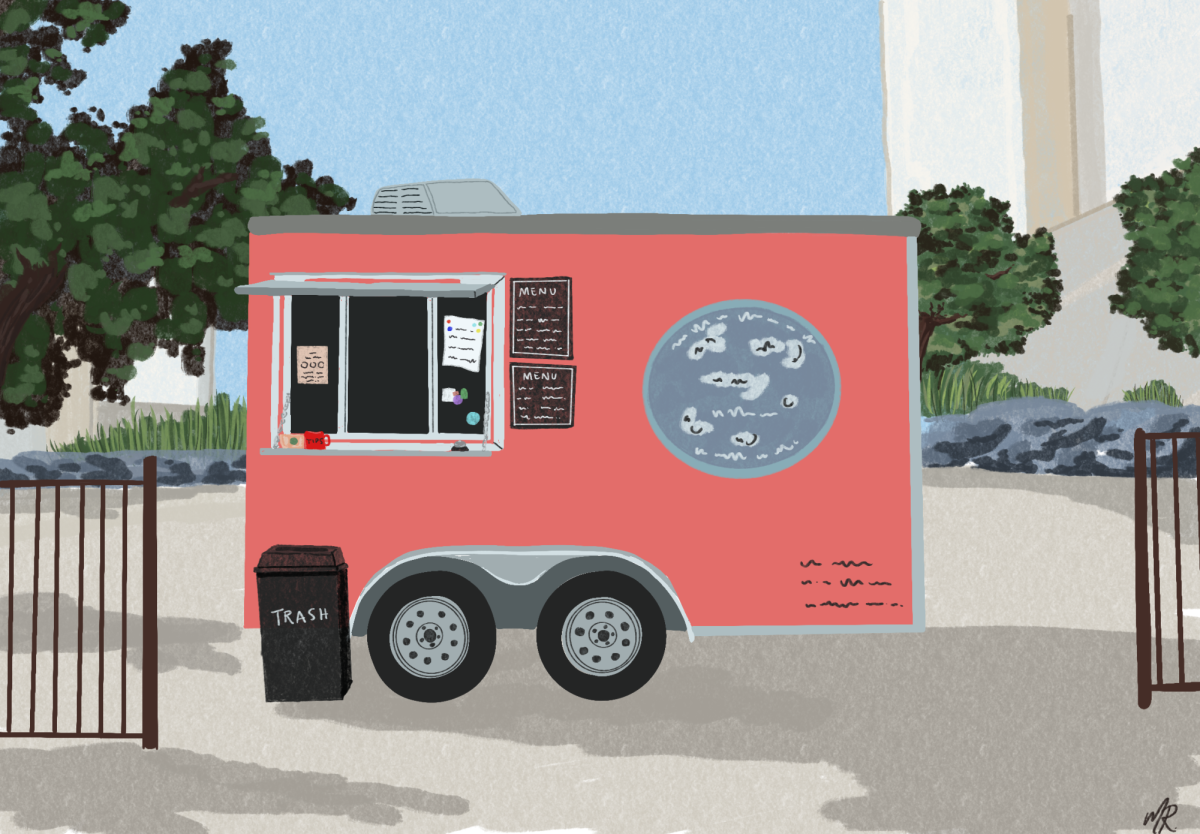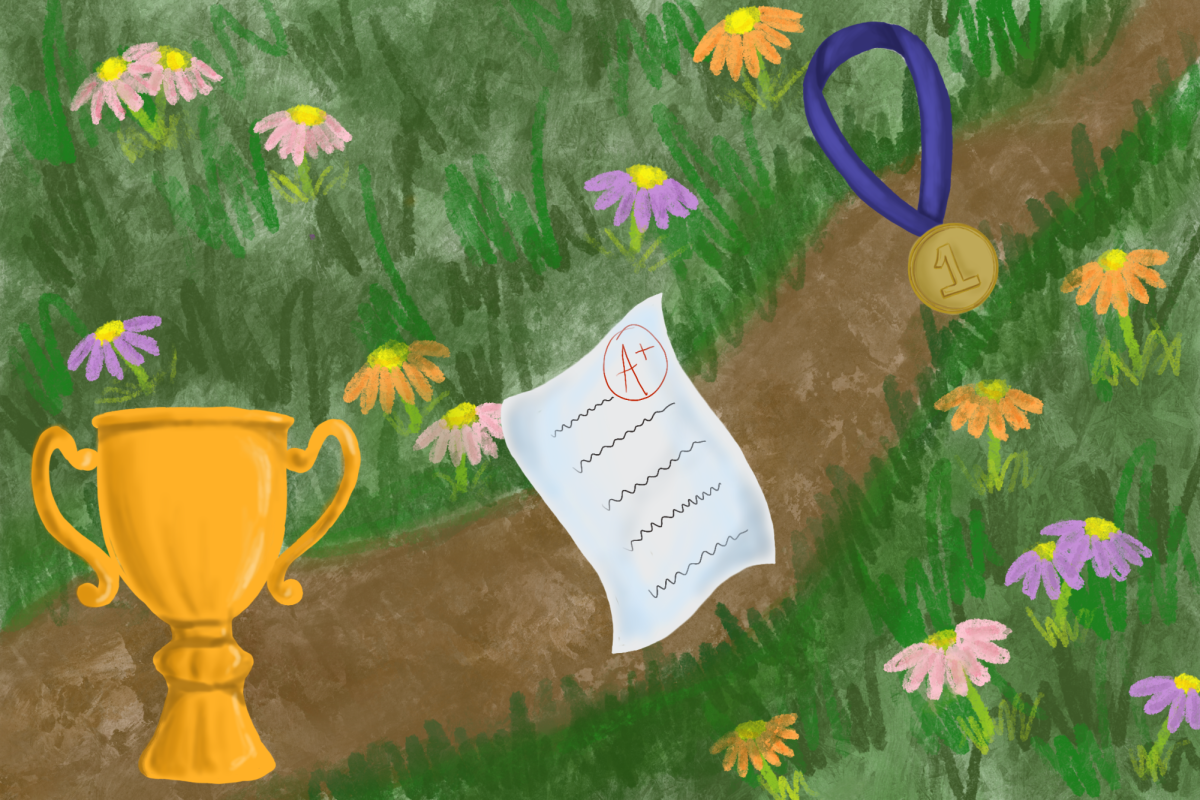Sweater weather in Austin is short-lasting and something to be enjoyed, preferably outdoors. Who in his right mind wants to spend those three tragically short weeks in overheated classrooms, punctuated only by brisk walks to extended dates with the library?
Many students, citing the nearly three months without holiday between Labor Day and Thanksgiving, complain about our lack of a fall break. After all, many of UT’s private peer institutions have one. This February, echoing popular sentiment, Student Government passed a resolution in favor of instating a fall break.
Many faculty members are on board as well. Kirsten Belgum, associate professor in the department of Germanic Studies, supports a brief fall break as a measure that could be “mentally, psychologically good for everybody.” Depending on the timing, Belgum says a two-day break could provide some mid-semester relief to students without interrupting their momentum. It could also resolve the issue of the seemingly arbitrary Wednesday start date for the fall semester by pushing it back to Monday.
As much as the idea of a few more days of vacation appeals to me, some faculty opinions that differ from the student consensus make sense. David Laude, senior vice provost and professor in the College of Natural Sciences, says that a fall break would be counterproductive because of its interference with crucial lab time. Large, laboratory-based classes, which require special setup and take-down procedures, are generally only feasible during full weeks. In that regard, the fall semester is already at a disadvantage. Given fall’s Wednesday start, Labor Day and Thanksgiving, the semester offers only about 80 percent of the number of full weeks that spring does. Adding a two-day fall break would contribute yet another broken week without labs. Laude says that’s something the College of Natural Sciences can’t afford.
A new two-day break also runs the risk of becoming too popular among students who are apt to take a mile out of their given inch. The Wednesday before fall’s current two-day break, Thanksgiving, already suffers from widespread class cancellations. Additionally, bus services like the Texas Express encourage students to go ahead and skip by offering only an early Wednesday departure time. Professors know to avoid assigning papers or exams for that day unless they want to make their students as unhappy as the bloated turkeys they travel home expecting to eat. A similar “Thanksgiving effect” could conceivably plague any prospective fall break, encouraging students to take an unintentionally extended vacation.
While the marathon stretch of the fall semester is academically demanding, the costs of a fall break outweigh the benefits. But the University might still consider restructuring the calendar in other ways that could improve the semester for both students and faculty. Officially canceling classes on the Wednesday before Thanksgiving would eliminate the skip-or-not conundrum and provide an opportunity to start classes earlier during the first week of the semester.
For now, students should continue to make the most out of our short autumn despite its coinciding with a busy time of the semester. A fall break sounds nice, but it would be as difficult to implement as it would be to predict the fall weather.
Walters is a Plan II junior from Houston.

















